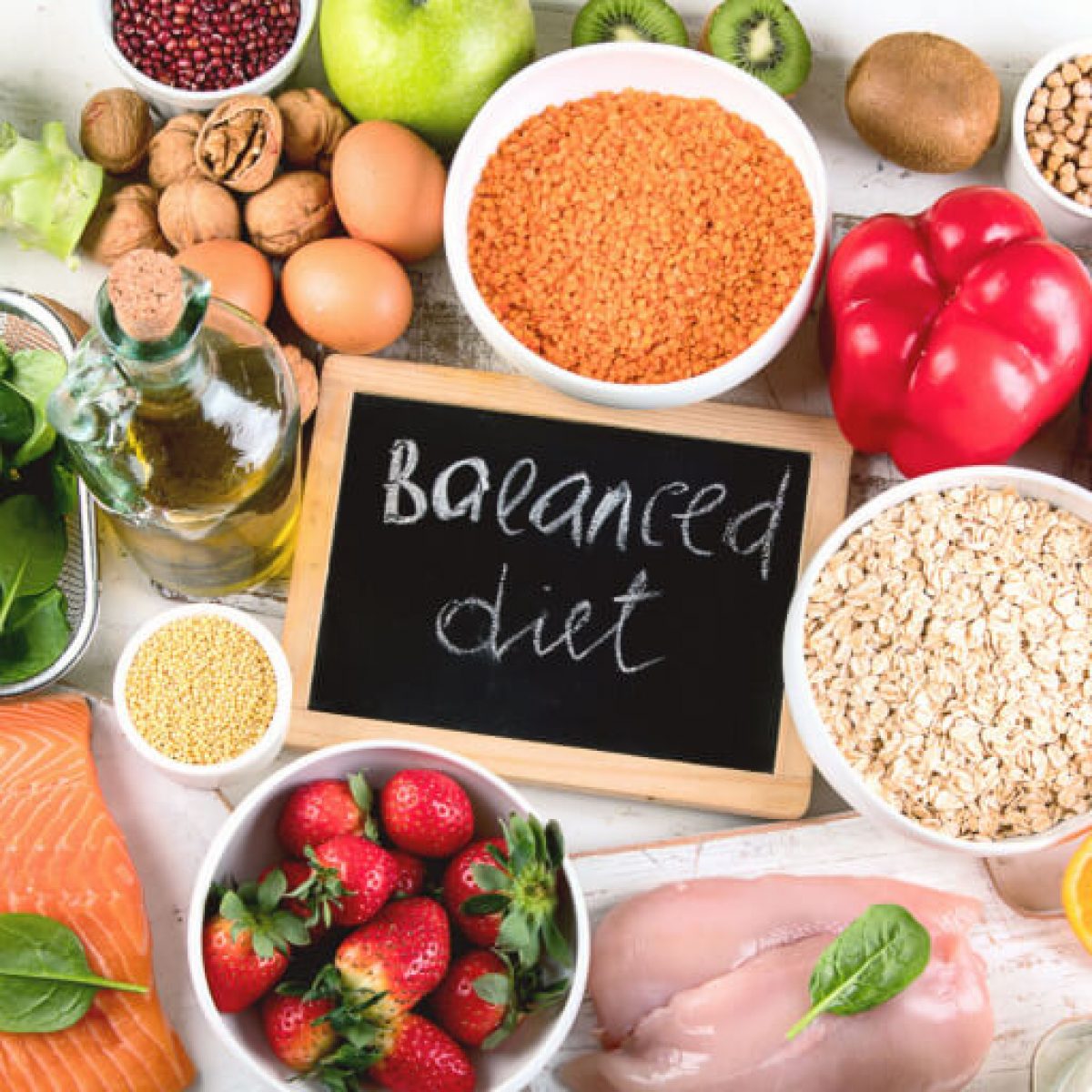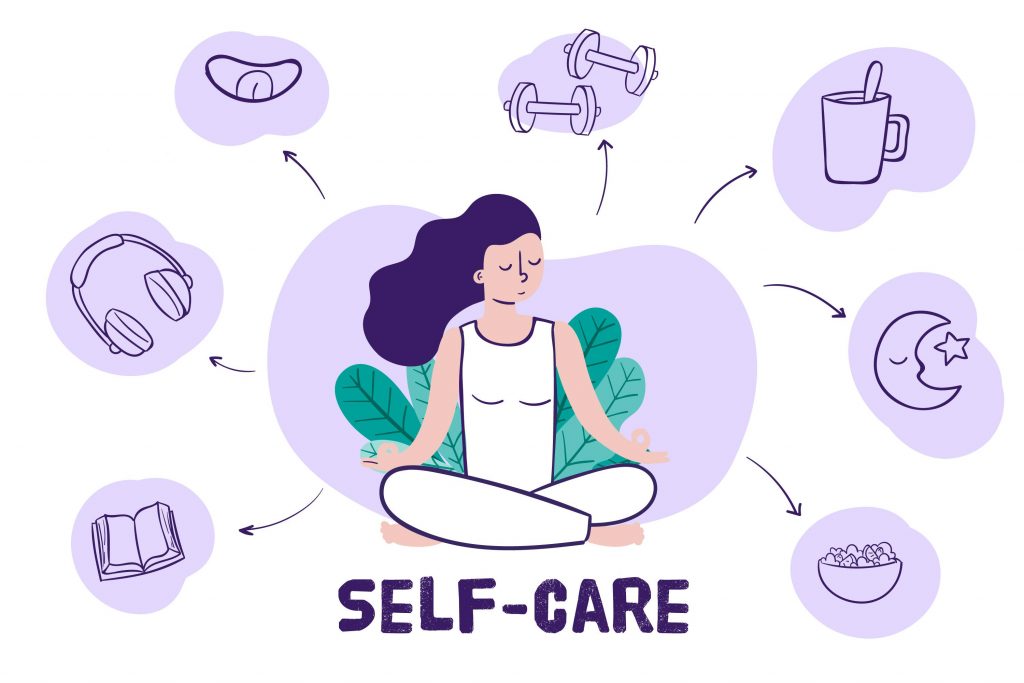
Unlocking Wellness: The Power of a Balanced Diet
In the intricate tapestry of a healthy lifestyle, diet plays a central and transformative role. The key to unlocking the treasure chest of well-being lies in the art and science of a balanced diet. This holistic approach to nutrition goes beyond calorie counting and trendy diets; it’s about nourishing your body with the right ingredients, in the right proportions, to harmonize your physical and mental health.
The Symphony of Nutrients
A balanced diet is akin to a symphony of nutrients working in harmony. It’s about the proportionate intake of essential components:
- Macronutrients, including carbohydrates, proteins, and fats, supply the body with energy and are the building blocks of health.
- Micronutrients, such as vitamins and minerals, are the unsung heroes of well-being, supporting a multitude of bodily functions.
- Fiber, often overlooked but crucial for digestion and gut health, keeps the system in perfect working order.
- Hydration, with water as the primary protagonist, ensures all your bodily functions operate optimally.
Fueling the Body
Think of your body as a well-oiled machine, and food as the fuel that powers it. A balanced diet provides the body with the energy it needs to function at its best. When you consume the right amount of carbohydrates, proteins, and fats, you’re essentially stoking the metabolic furnace that keeps you moving.
Carbohydrates are your body’s primary source of energy. They fuel both your muscles and your brain. A diet too rich in carbohydrates can lead to weight gain, while too little can leave you feeling sluggish.
Proteins are the body’s building blocks. They’re essential for repairing and building tissues, producing enzymes and hormones, and supporting immune functions. An inadequate intake can lead to muscle loss, fatigue, and a weakened immune system.
Fats have been unfairly vilified in the past. They’re vital for energy, supporting cell growth, protecting organs, and maintaining healthy skin and hair. Healthy fats, found in foods like avocados, nuts, and olive oil, are an important part of a balanced diet.
A Feast for the Senses
A balanced diet is not a bland or boring one. It’s a culinary adventure that invites the senses to indulge in the vibrant flavors and textures that nature has to offer. From the crisp bite of fresh vegetables to the savory richness of lean proteins and the subtle sweetness of fruits, every meal can be a feast for the senses.
Mindful Eating
Eating isn’t just a physical act; it’s an emotional and psychological one as well. Mindful eating is an essential component of a balanced diet. It involves being present in the moment while you eat, savoring each bite, and listening to your body’s hunger and fullness cues.
By slowing down and paying attention to what you’re eating, you’re more likely to make healthy food choices and consume appropriate portion sizes. Mindful eating promotes better digestion, helps prevent overeating, and contributes to a more balanced diet.
A Symphony of Health Benefits
The benefits of a balanced diet extend far beyond weight management. A diet rich in nutrients and well-rounded in its approach can help prevent a variety of health conditions. These include:
- Heart Health: A balanced diet low in saturated fats and rich in fruits, vegetables, and whole grains can reduce the risk of heart disease.
- Weight Management: The right balance of macronutrients helps maintain a healthy weight.
- Diabetes Prevention: A diet focused on complex carbohydrates and fiber can lower the risk of developing type 2 diabetes.
- Gut Health: A diet rich in fiber from whole foods promotes a healthy gut, reducing the risk of digestive issues.
- Bone Health: Adequate intake of calcium and vitamin D supports strong bones.
- Brain Health: Nutrient-rich foods support cognitive function and may help reduce the risk of neurodegenerative diseases.
The Journey to a Balanced Diet
Embarking on the journey toward a balanced diet is not a rigid or one-size-fits-all endeavor. It’s a path that is flexible and adaptable to individual needs and preferences.
- Plant-Based: A plant-based diet emphasizes fruits, vegetables, nuts, seeds, and legumes. It can be adapted to include or exclude animal products according to personal choice.
- Low-Carb: Low-carb diets limit carbohydrate intake, promoting the consumption of proteins and fats. They can be customized to be more or less restrictive.
- High-Protein: High-protein diets focus on protein-rich foods. They can be tailored to meet specific fitness goals or dietary preferences.
- Dietary Preferences: Whether you’re a vegetarian, vegan, or omnivore, a balanced diet can be customized to meet your dietary preferences.
- Cultural and Regional Influences: The balance in a diet is often influenced by cultural and regional preferences. Traditional diets often prioritize locally available foods.
The Art of Moderation
One of the secrets of a balanced diet is moderation. It’s not about depriving yourself, but rather about making mindful choices. Even indulgent foods can be part of a balanced diet when enjoyed in moderation.
The Power of Sustainability
A balanced diet is not a short-term solution; it’s a long-term lifestyle choice. Sustainability is key. It’s about making choices you can continue for years to come, nourishing your body and nurturing your overall well-being.
In conclusion, the power of a balanced diet is akin to unlocking the gates of wellness and vitality. It’s a symphony of nutrients, mindful eating, and moderation that nourishes not only your body but your spirit as well. This journey toward well-being is both a culinary adventure and a path to a healthier, happier you.




